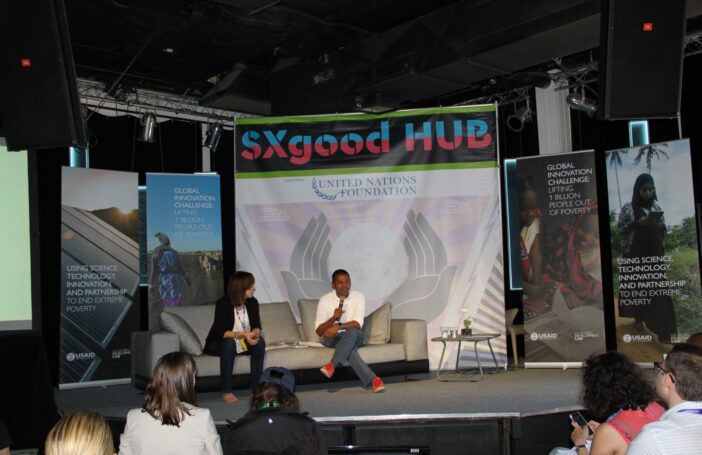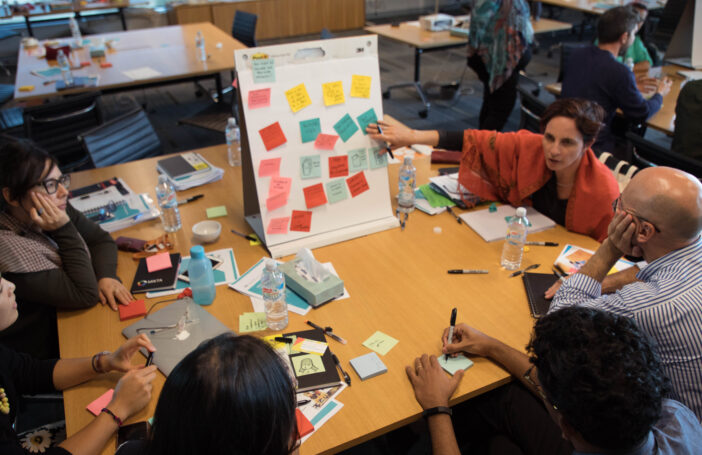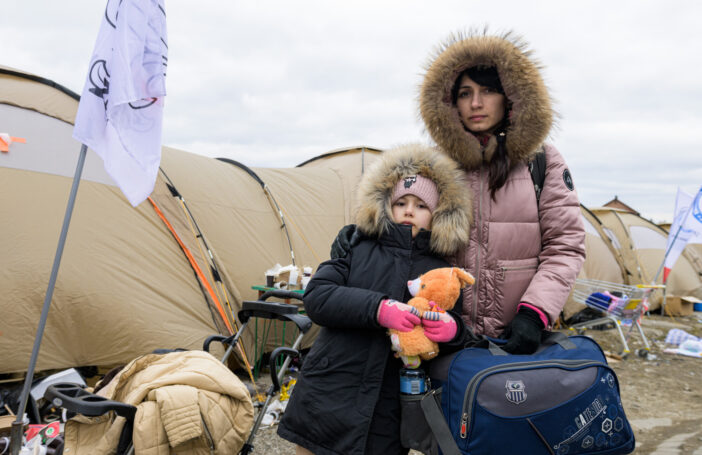Few people would be so bold as to brand themselves an ‘innovation critic’ these days — but Rensselaer political theorist Langdon Winner has done just that, raising some of problems with a blanket enthusiasm for innovation in an interview with SciDev.Net. In particular, Winner critiques the ‘ideology’ of innovation, insofar as it implies that massive breakthroughs are required in order to achieve development goals. In practice, waiting for innovation can just mean unnecessary delays and ignoring ‘easy wins’.
Meanwhile, this interview with Dani Rodrik very neatly encapsulates his nuanced approach to development economics.
On the From Poverty to Power blog, Erinch Sahan encourages those working in aid to think about private companies in more complex ways. Not all companies are alike, and looking at who owns them is a good place to start figuring out how ethical and inclusive they might be (or be convinced to become).
On a related note, Al Jazeera America investigates the dismantling of environmental, personal property and tribal rights policies by India’s BJP government, in the name of national development. Villagers and activists argue this has resulted in substantial land appropriation and industrial pollution. “The Modi government wants simpler procedures for development,” says Bhagat [a village chief]. “I want to tell them, it will all be simple if you treat a villager like a human being and not simply an obstacle to your 24-hour power dreams.”
In February, the Institute of Development Studies launched a series of nine briefing papers, and accompanying blog posts, about lessons for development gleaned from the 2014 Ebola epidemic. Of particular interest is a recent post reminding us of the obvious: contrary to appearances, politics never ceased in Sierra Leone. The failure to treat the epidemic response as a political intervention as much as a medical one may have lasting consequences for the country’s recovery.
A wave of violent protests, directly primarily against immigrants from other African countries, have rocked South Africa over the last month. The Zuma government’s sluggish response seems to be attracting just as much condemnation as the attacks themselves. At openSecurity, Arnold Wehmhoerner asks why it is that ethnically-motivated attacks are on the rise some two decades after the end of apartheid, and identifies a common dilemma facing South African and European politicians at present: “Both are caught between deterring migration by the poor and dealing humanely with its consequences.”
And finally, an interesting NBER working paper (ungated link here) provides evidence to suggest that (in Senegal at least) education grants to schools are more effective when devoted to improving teacher and principal capacity as opposed to being spent on material resources.




